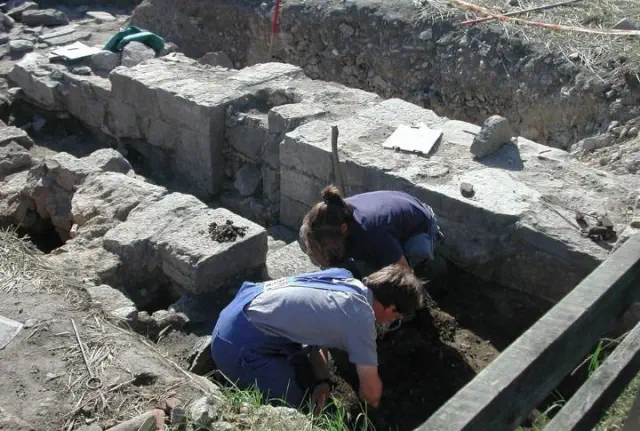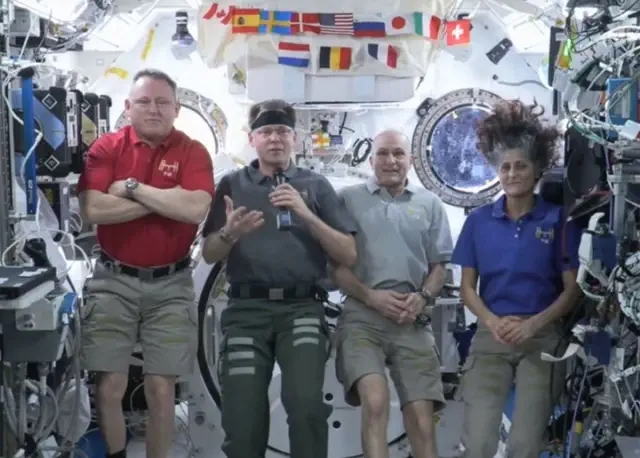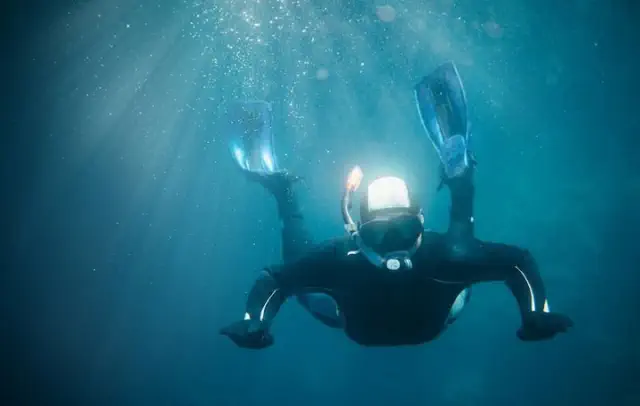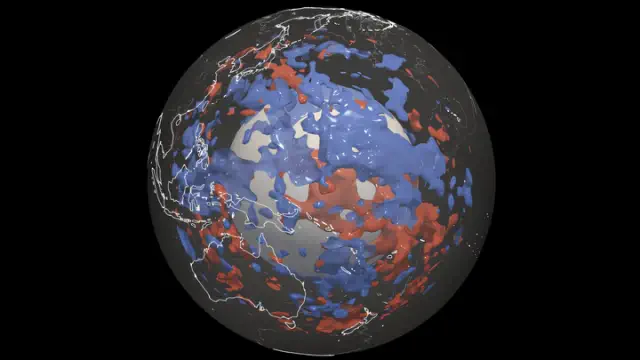Researchers from universities around the world are advocating for the establishment of an 18th Sustainable Development Goal (SDG) aimed at addressing the growing issue of space debris in Earth's orbit.
January 9, 2025 – Researchers are advocating for the establishment of a new United Nations Sustainable Development Goal (SDG) focused on the conservation and sustainable utilization of Earth's orbit, as well as the prevention of space debris accumulation.
As of now, there are 17 Sustainable Development Goals (SDGs) that were established by United Nations member states in 2015. These goals serve as a global initiative aimed at eradicating poverty, safeguarding the environment for future generations, and guaranteeing that everyone can experience peace and prosperity.
As the number of satellites and various objects in orbit around our planet continues to rise, there is an increasing worry that, without a unified global agreement, yet another of Earth’s previously untouched environments may face irreversible alterations.
Writing in the journal A Single Planet, an international collaboration of experts – in fields including satellite technology and ocean plastic pollution – have proposed an 18th SDG dedicated to the protection of Earth’s orbit.
The research indicates that approximately 100 countries are currently engaged in different degrees of space exploration, and since the 1950s, nearly 20,000 satellites have been sent into orbit around the Earth.
These satellites offer significant advantages to society, including the observation of ecosystems, enhancing global communication, and enabling services utilized by billions worldwide, such as satellite television and contactless payment methods with bank cards.
Experts indicate that when satellites, launch stages, and debris from explosions or collisions reach the end of their operational lifespan, they can become abandoned and contribute to the growing issue of orbital debris. This accumulation heightens the risk of collisions with operational satellites, potentially disrupting their functionality and leading to an even greater proliferation of debris in space.
Although several organizations have started to acknowledge the urgency of taking action on this matter, the authors suggest that introducing an additional Sustainable Development Goal (SDG) could foster the global agreement and necessary enforcement mechanisms to effectively tackle the issue.
There is a belief that a potential SDG18 could take direct cues from an existing goal, specifically SDG14: Life Below Water. Insights gained from managing marine debris could be applied to avert another global crisis before it becomes critical.
They further emphasize that it would enhance the current Sustainable Development Goals (SDGs), which mention space technology for its role in fostering a better comprehension of global challenges, yet do not acknowledge its capacity to signify a future concern in its own right.
The article was collaboratively written by a team of researchers from various institutions, including the University of Plymouth, PBL Works, Arribada Initiative, University of Auckland, The University of Texas at Austin, Anturus Ltd, University of Maine, NASA Jet Propulsion Laboratory, Spaceport Cornwall, Slingshot Aerospace Ltd, and the Zoological Society of London (ZSL).
It builds on an article published in Science in March 2023, in which a number of the same scientists called for a legally-binding treaty to ensure that Earth’s orbit isn’t irreparably harmed by the future expansion of the global space industry.
Dr. Imogen Napper, a Research Fellow at the University of Plymouth, spearheaded the recent study with support from the National Geographic Society. She stated, “The urgency to preserve and link our natural ecosystems, from the depths of the ocean to the expanse of Earth’s orbit, has reached unprecedented levels. Both are essential for the planet's well-being, yet they face increasing threats from human activities. There is a rising awareness that marine pollution transcends international borders, just as space debris does. An agreement supported by the UN would be a vital measure in protecting Earth’s orbital environment for future generations.”
Professor Heather Koldewey, who leads Ocean and FAIRER Conservation at ZSL, remarked: “Similar to the challenges posed by plastic pollution and climate change, space debris is a global concern that knows no boundaries. Our continuous work in ocean conservation underscores the vital role of UN-supported agreements in addressing this urgent issue. It is crucial that we draw lessons from the obstacles and strategies related to marine waste and take immediate action to safeguard our planet's orbit.”
Dr Thomas Dowling, Lecturer in Remote Sensing & Geospatial Science at The University of Auckland, said: “Not so long ago, our oceans were regarded as infinite resources to plunder and infinite sinks for our waste. We now know that view was grossly mistaken – many marine environments are now barren wastelands and more than eight million tonnes of plastic debris is estimated to enter the ocean every year. Earth’s orbit is a similar finite environment to the ocean, and mindlessly exploiting the orbital environment is repeating the mistakes of the past. It’s time to create policies to regulate what we’re putting in space, and we need to ensure objects entering orbit are safe, sustainable, and serving essential – or at least important – purposes for significant numbers of people around the world.”
Melissa Quinn, General Manager of the International Business Unit at Slingshot Aerospace, added: “The proposed 18th Sustainable Development Goal is a crucial step toward protecting Earth’s orbit for future generations. Space is essential to our daily lives, from global communications to understanding climate change, yet the rapid rise in satellite deployments – 2,877 in 2023 alone (~15% increase from 2022), with even more in 2024 – has led to an increasing risk of collisions and debris. In 2024, we saw a 17% year-over-year spike in the average number of close approaches in low earth orbit per satellite on Slingshot Beacon, Slingshot’s space traffic coordination application. With over 12,500 spacecraft now orbiting our planet, including more than 3,300 inactive satellites, we need urgent, coordinated global action to ensure space is safe, sustainable, and secure. This SDG offers a powerful opportunity to safeguard the benefits of space for all humanity.”
Diary
A Single Planet
DOI
Title of the Article
A Goal for Sustainable Development in Space: Utilizing Insights from Marine Waste Management to Tackle Space Debris









